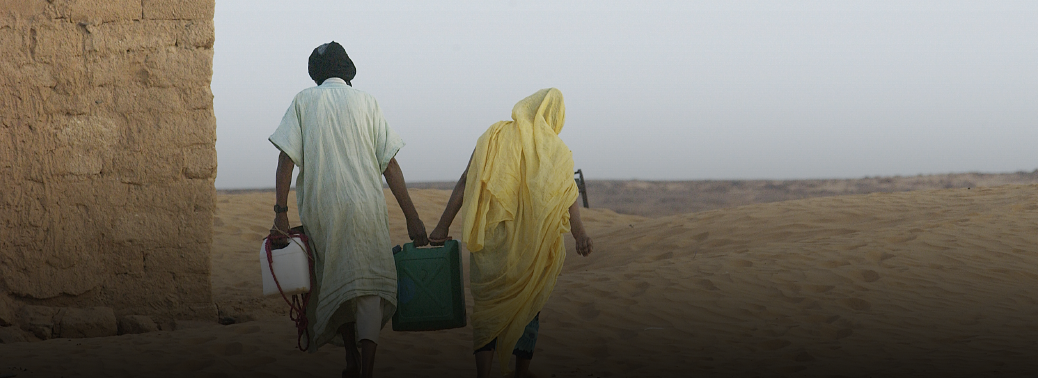Joint Monitoring Programme (JMP) report by UN Organisations
19, Jun 2019

Prelims level : Environment
Mains level : GS- III: Technology, Economic Development, Bio diversity, Environment
- Almost 2/3rd of the global population which stopped defecating openly between 2000 and 2017 has been from India.
- However there has been no growth in the population with access to piped water facilities. Large inequalities remain between urban and rural areas.
- Increase in population (with access to protected drinking water facilities within 30 metres) from 79% in 2000 to 93% in 2017.
- In rural India only 32% have access to piped water, in urban areas it is 68%.
- The South Asian region, accounted for almost three-fourths of the population who stopped defecating in open between 2000 and 2017.
- Only 30% of the country’s wastewater is treated at plants, in comparison to 80% global average.
What is JMP?
- The Joint WHO/UNICEF Joint Monitoring Programme is affiliated to UN- Water and was Established in 1990.
- The JMP’s objectives are to provide regular global reports on drinking-water and sanitation coverage to facilitate sector planning and management, to support countries in their efforts to improve their monitoring systems, and to provide information for advocacy.
- For the Sustainable Development Goals, the JMP uses its 25 years of experience, and focuses on drinking water, sanitation and hygiene. The Joint Monitoring Programme report, Progress on drinking water, sanitation and hygiene: 2017 update and Sustainable Development Goal baselines, presents the first global assessment of “safely managed” drinking water and sanitation services. JMP is part of the UN-Water Integrated Monitoring Initiative for SDG 6, reporting on progress towards SDG targets 6.1 and 6.2.






